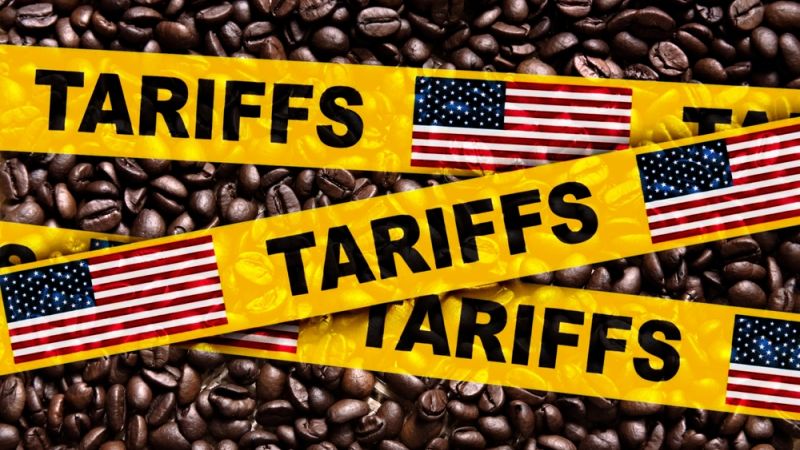The United States has imposed a sweeping new round of tariffs on Brazilian imports, escalating economic tensions between the two largest economies in the Americas amid the ongoing legal proceedings against Brazil’s former president Jair Bolsonaro.
The move, announced Wednesday by the White House, raises duties on select Brazilian exports from 10% to as high as 50%, targeting key commodities such as beef, coffee, and sugar. The decision immediately drew sharp criticism from Brazilian President Luiz Inácio Lula da Silva, who denounced the tariffs as a “politically motivated” act rooted in U.S. domestic politics.
“This is not about trade,” President Lula said at a press briefing. “It’s about political theatre—and Brazil will not be bullied.” He added that he would not engage with U.S. President Donald Trump over the issue, and instead planned to coordinate a response with fellow BRICS leaders, including Chinese President Xi Jinping, Indian Prime Minister Narendra Modi, and Russian President Vladimir Putin. “If Trump wants a trade war, he’ll fight it alone,” Lula stated.
Despite the tough rhetoric, the U.S. measures are not a blanket economic assault. The White House’s executive order includes more than 700 exemptions, sparing products such as orange juice and vital civil aviation components. U.S. officials justified the targeted sanctions by citing “extraordinary policies” from the Lula administration that allegedly harm American economic interests and infringe on freedom of expression.
At the heart of the tension is the political fate of Bolsonaro, who is currently under house arrest for violating a gag order during his trial over an alleged post-election coup attempt in 2022. Trump, who remains a vocal supporter of the former Brazilian leader, described the charges against Bolsonaro as “unjust and politically engineered.”
“This is about protecting democracy and our friends,” Trump said at a rally in Ohio, aligning the tariffs with his broader foreign policy approach that blends trade pressure with ideological loyalty.
Brazilian Vice President Geraldo Alckmin tried to calm domestic concerns, noting that the new tariffs would affect only around 36% of the country’s exports to the U.S. However, economic analysts caution that the sectors affected represent the backbone of Brazil’s export economy.
“The exemptions soften the blow, but coffee, beef, and sugar are foundational,” said Valentina Sader, a Brazil expert at the Atlantic Council. “This isn’t a full-scale trade war, but it’s a message—and it’s loud.”
The diplomatic fallout was swift. Brazilian Foreign Minister Mauro Vieira labeled the move “unacceptable interference” during a recent visit to Washington, further souring relations already strained by political divergence.
As Lula’s administration seeks support from BRICS allies, the clash underscores how domestic political trials can ripple through global trade networks—especially under a U.S. administration increasingly inclined to use economic policy as a geopolitical tool.
While Washington insists the tariffs are temporary and subject to review, their immediate impact could redefine U.S.-Brazil relations for years to come.

